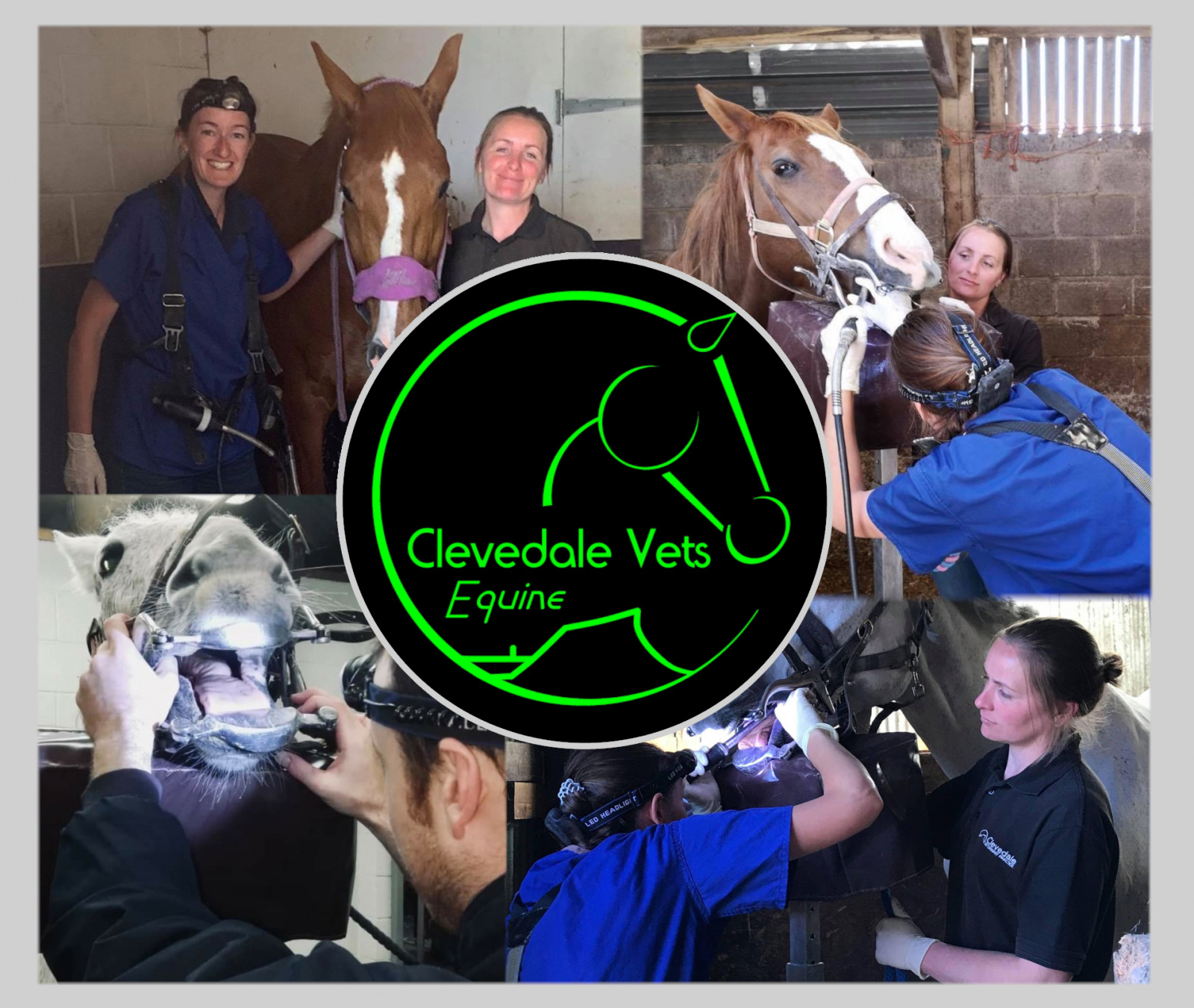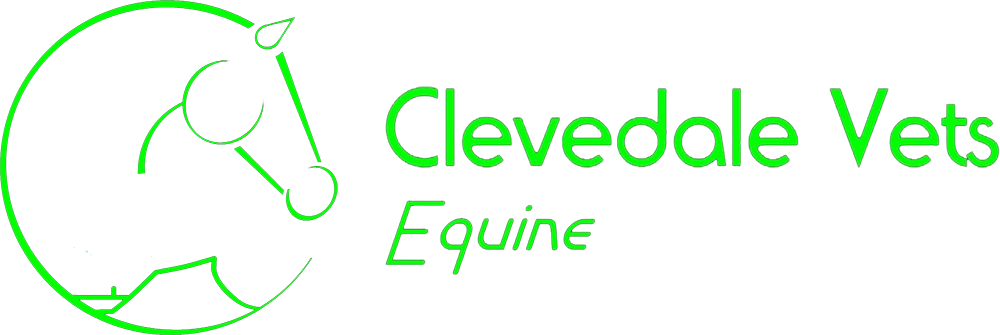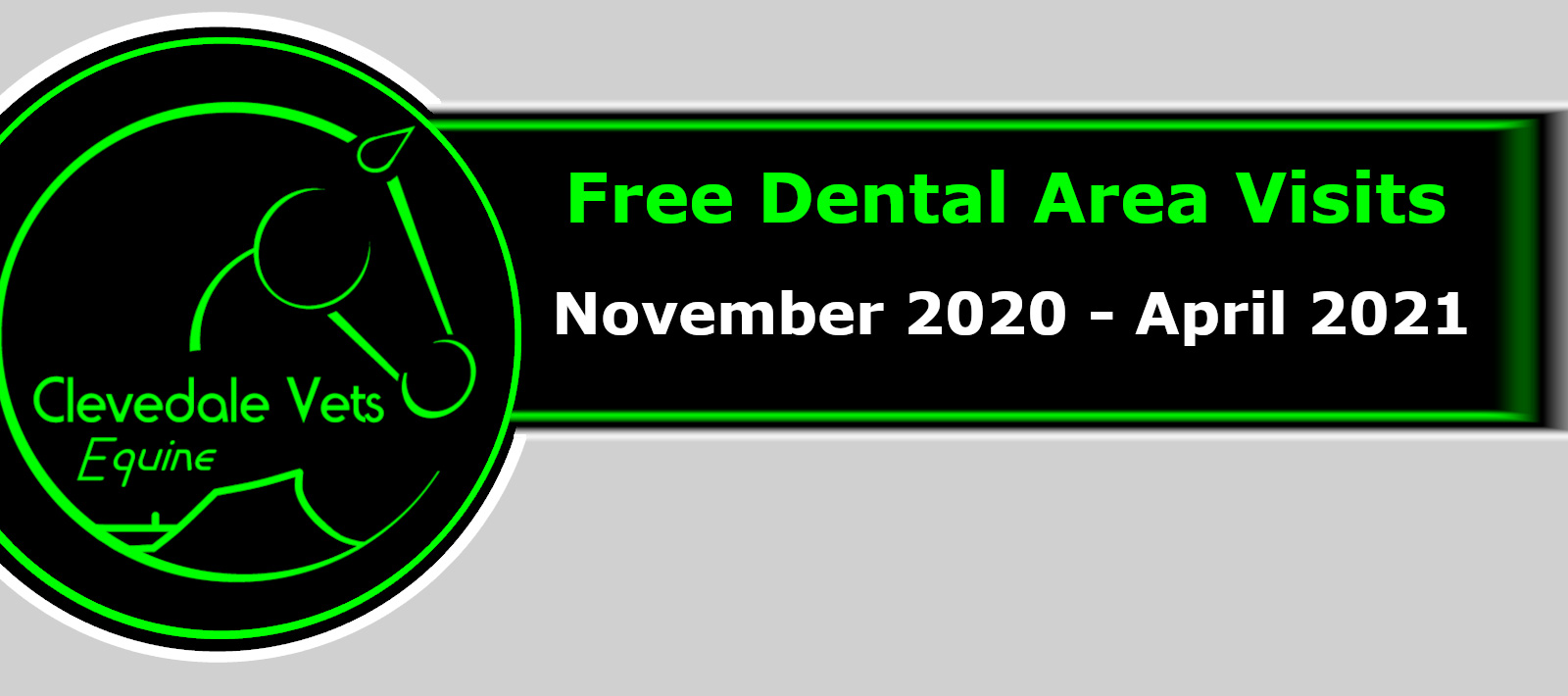Equine Dentistry
Our dental team are extremely well qualified.
Alistair Love is an RCVS Recognised Advanced Practitioner in Equine Practice and Katherine Berry is on the cusp of obtaining her RCVS certificate in Advanced Veterinary Practice in Equine Dentistry, having already completed a large amount of the required study and assessments.
Tim Barnett, an RCVS Recognised Specialist in Equine Surgery, European Veterinary Specialist in Equine Surgery and RCVS Recognised Specialist in Veterinary Dentistry (Equine) from Rossdales in Newmarket, visits our practice at Upleatham regularly to carry out advanced dental procedures.

Horses should have their teeth examined at least once a year. If there are major abnormalities such as displaced, fractured or absent teeth, horses will require more frequent dental attention. A thorough, high quality dental examination is key to maintaining your horse’s dental health and keeping their mouth pain free.
We have a large amount of state-of-the-art equipment for carrying out a huge range of dental interventions from extractions to diastema widening. For very advanced procedures, such as endodontics (e.g. fillings) or complex extractions, we have regular visits from European Specialist Tim Barnett to ensure you can access the best treatment, without having to travel any further than our practice at Upleatham!
If your horse exhibits any of the following signs, it is time for a dental examination now:
- Reluctance to graze
- Increased saliva production
- Quidding - dropping half chewed food. Often found on the floor outside the stable door!
- Bad breath
- Facial swelling or pain
- Nasal discharge
- Weight loss
- Rearing
- Headshaking
Some common conditions that we see routinely include, sharp enamel overgrowths, caries, diastema (gaps between teeth), tooth fractures and tooth root abscesses.
Wolf teeth occur in a third of horses and erupt just in front of the cheek teeth between 1 and 8 years of age. They are a remnant of the first pre-molar tooth that is no longer required. Some horses may need them removed if they cause problems in ridden work. This is easily done under light sedation.
One of the reasons why it may be advantageous to have a vet examine your horse’s teeth is that some horses may need sedating to place a gag, particularly for the first time, although we don’t need to sedate every horse we see. At Clevedale, we aim to be competitive on price, and a thorough dental examination and treatment, even with sedation, can be comparable in price to that of a visit from an equine dentist.
Click here to find out more

